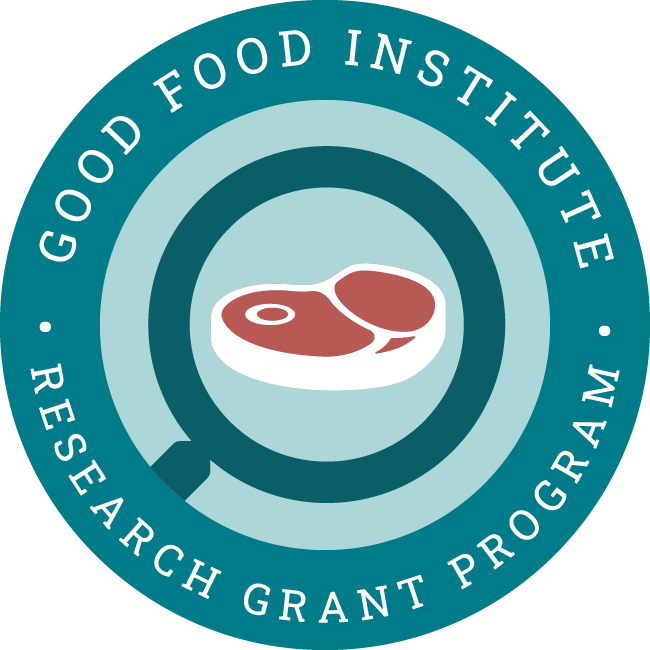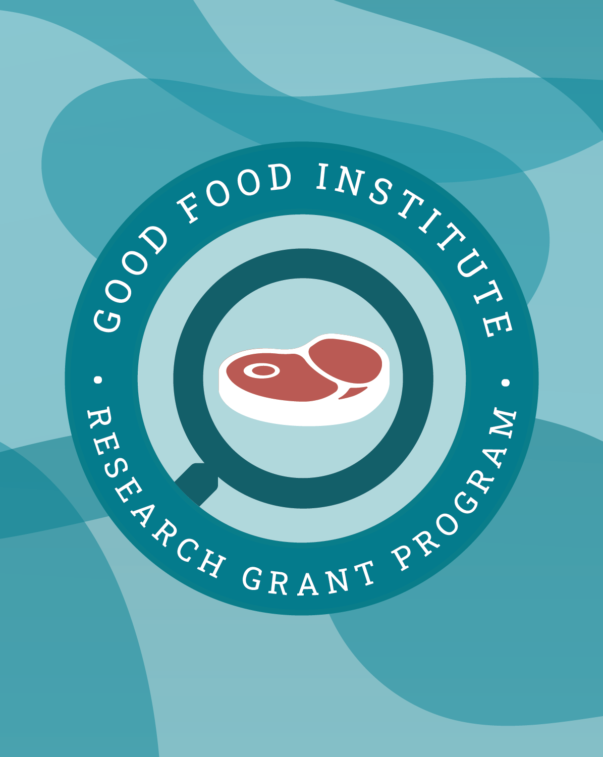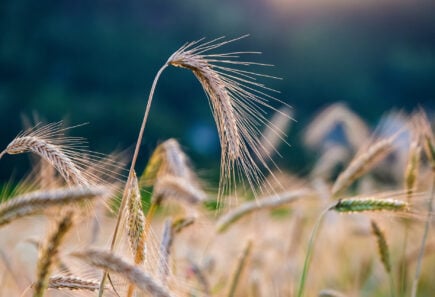Characterizing quinoa protein
2019-2021
Dr. Ofir Benjamin at Tel Hai College is exploring how to use quinoa (Chenopodium quinoa) in plant-based meat.
PRODUCTION PLATFORM: Plant-based
TECHNOLOGY SECTOR: Crop development

Project aims
This project characterizes five high-yield quinoa varieties for protein, fat, and fiber composition and develops methods for preparation of quinoa protein concentrate and isolate. It also prototypes quinoa-based partial or full meat replacement products.
This work will develop quinoa as a novel plant-based protein source, including processing into flour, protein concentrate, and protein isolate. The research optimizes quinoa protein yield through growing conditions and strain selection, and produces quinoa-based meat with organoleptic properties matching those of conventional meat.
Principal researcher

Dr. Ofir Benjamin
Lecturer and Researcher, Tel Hai College, Israel
Dr. Benjamin leads the charge toward building an institutional food-tech hub in Israel that bridges the gap between industry and academia. He focuses his research on the structure and sensory characteristics of food products. His work combines novel electronic tongue and nose tools with traditional techniques to characterize sensory aspects of food.

Page
Research grants
Learn about cutting-edge alternative protein research funded by GFI. Find funding opportunities for your own research.
View related grant projects

Breeding peas and sorghum
Learn about Dr. Dil Thavarajah’s work at Clemson University to breed organic pulse and cereal crops for improved protein biofortification.

Valorizing agricultural side streams
GFI grantee Dr. Marieke Bruins at Wageningen University in the Netherlands is valorizing agricultural side streams for alternative proteins.

Exploring cassava leaf proteins
GFI is exploring cassava leaf proteins with Dr. Ana Carla Kawazoe Sato at Brazil’s University of Campinas.

Scaling cashew apple supply
GFI grantee Dr. Dionisio is researching cashew apples as a raw material for plant-based meat and solving scale-up challenges in the supply chain.
Explore research opportunities
-
Cultivated
-
Fermentation
-
Plant-Based
Catalog of animal meat flavors
Creating a catalog of molecules responsible for the characteristic flavor of a species will enable alternative protein product manufacturers to create products that more accurately replicate the sensory experience of…
-
Cultivated
-
Plant-Based
Animal-free, non-recombinant albumin and transferrin for cultivated meat
The identification of non-animal, non-recombinant proteins with similar functionality to serum albumin and transferrin will lead to major cost reductions in cell culture media development, facilitating progress toward achieving price…
-
Plant-Based
Plant-based protein makerspaces
Plant-based protein makerspaces would be publicly available spaces where interested members of the public could learn, experiment, and work collaboratively on projects related to plant-based proteins. They could offer access…

Blog
Is quinoa the new pea protein?
Dr. Ofir Benjamin, a scientist in Israel and a recipient of GFI’s research grants, is exploring this high-protein grain’s capacity to be a breakout ingredient in plant-based meats.
